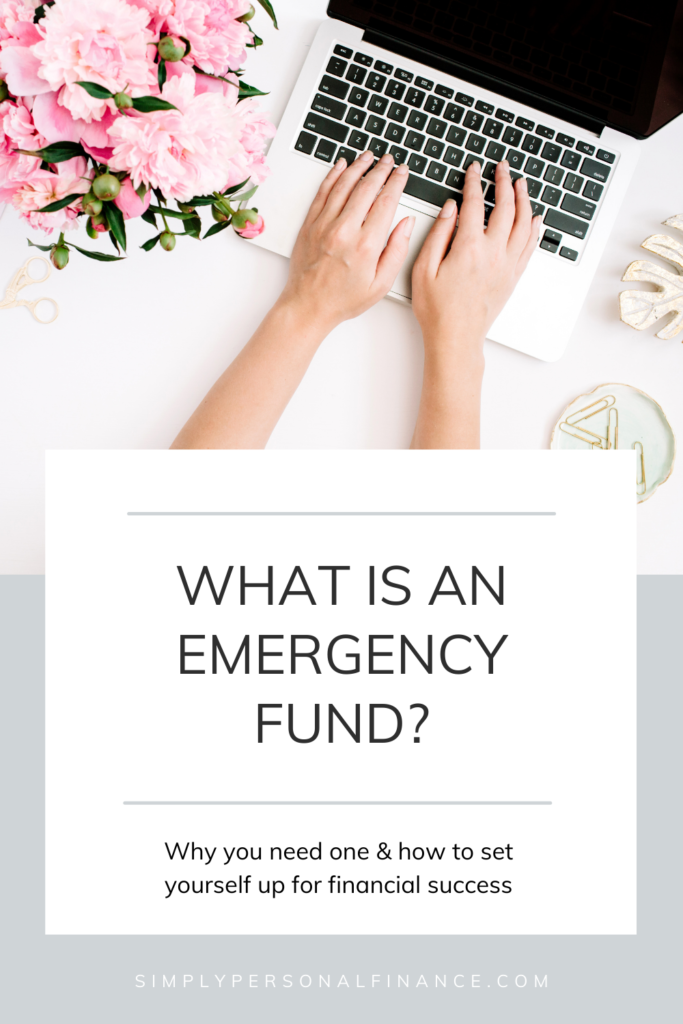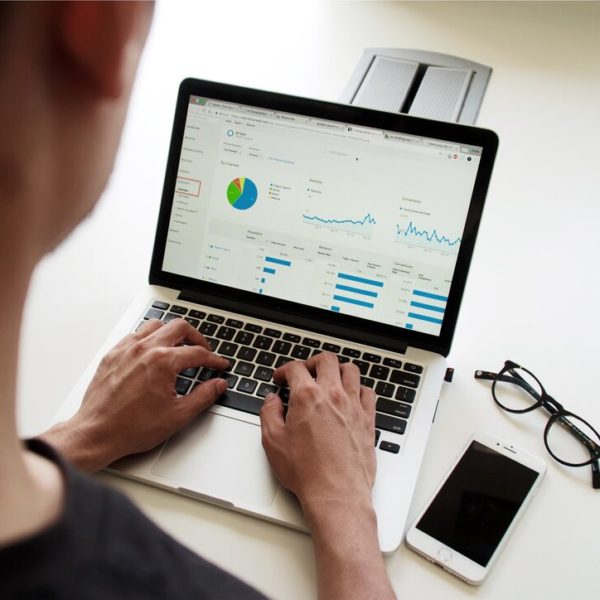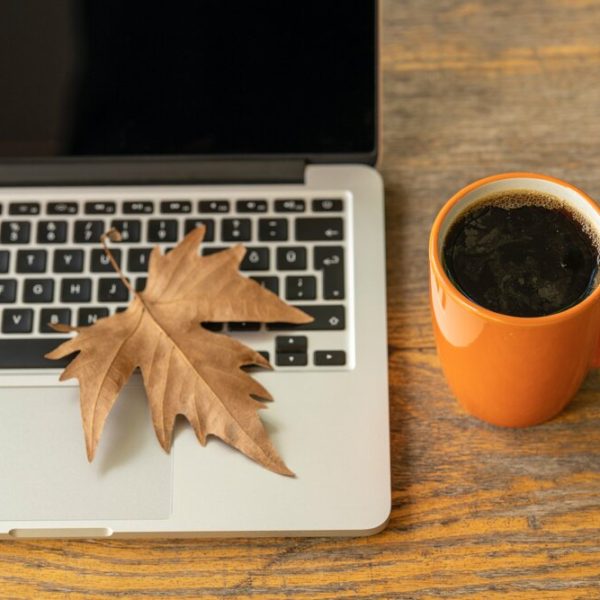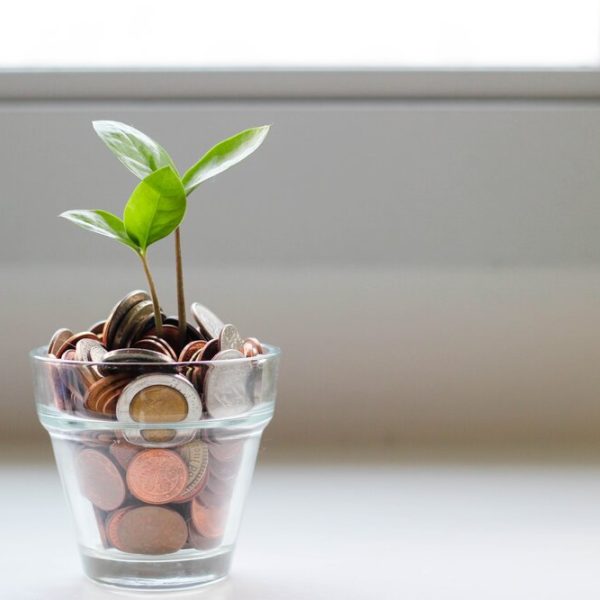
What is an emergency fund and why do you need one?
Well, an emergency fund is a sum of money, usually 3-6+ months of saved expenses to use in case the case of an emergency.
If 2020 has taught us anything, it’s that life does not always go as planned. This is the essence of why emergency funds are so important because you truly don’t know what the emergency is going to be until you’re experiencing it.
Think of an emergency fund like shocks for your car. The shocks are there so you don’t really feel like little bumps along the road. And where there is a big bump, the shocks still make it a more pleasant ride.
An emergency fund is a little safety net for yourself to be able to be able to ride out the ups and downs that life throws at you and still move forward on your way to building wealth. Build up your emergency fund – spend it – repeat.
Sounds great right? Keep reading to learn all the things about settings up an emergency fund for yourself.
Where do I start?
1. $1,000 goal
Start by making a goal to save $1,000 in a dedicated emergency fund. You can break this down even further and try to save $84 a month for the next year. By the end, you’ll end up with $1,008 in your emergency fund!
2. 3-month goal
Once you reach your goal of $1,000, your next goal should be to save up 3 months of living expenses.
Let’s take Sarah for example. Sarah lives in Vancouver and pays $1,500 a month in rent, with the internet and utilities all included. Each month, Sarah usually spends about $200 on groceries, $300 for her car insurance and $60 on gas. Sarah is unfortunately the sucker of the friend group who pays the $14.99 for Netflix and $9.99 for Spotify. All in all, her monthly expenses come to $2,085. Sarah’s 3 month goal will be $2,085 x 3 = $6,255.
3. 6-month goal and beyond
Once you reach your 3 month goal of living expenses, you can decide whether or not you are comfortable stopping there, or continuing on to save up a 6 month emergency fund and beyond.
Remember that personal finances are just that – personal. At the end of the day, your goals need to be aligned with what works for you and what you feel comfortable with. Some people are very comfortable staying at that $1,000 emergency fund while others feel the need to keep a whole years worth of living expenses in order to feel safe. You do you boo!
Where do I keep the money for my emergency fund?
It’s important to keep your emergency fund in a high-interest savings account rather than a traditional savings account or invested in the stock market.
Just to be clear, you do NOT want to invest the money allocated for your emergency fund, you want to keep it in a savings account. The whole point of having an emergency fund is to be able to access is in the case of an emergency. You don’t want to be dealing with selling investments while you’re going through a crisis.
So, what is a high-interest savings account?
A high-interest savings account is a savings account at a bank, but it is usually with an online bank that can offer you much higher interest rates than traditional banks. About 30 times more to be exact.
You see, the annual inflation rate in North America is about 2%, which means that whatever you buy today will be about 2% more expensive next year. Whatever $100 will buy you today, won’t buy you as much a few years down the line.
If your money is sitting in a traditional savings account making 0.05% interest, you’re essentially losing money to inflation every year. High-interest savings accounts on the other hand are offering interest rates as high as 1.50% in Canada right now, which is helping you keep up with inflation as much as possible without any associated risk.
I personally use EQ Bank for my high-interest savings and I recommend them to everyone I know (Canadians only, sorry!). You can have up to five different accounts so you can name one of your accounts “Emergency Fund” and know exactly what that account is for.
If you decide to choose another bank for your high-interest savings account, do your research and ensure that the bank you choose is properly insured. In Canada, this is called CDIC Insurance and you’ll want to make sure your bank is a member before depositing any money.
What is considered an emergency?
I know this is an annoying answer but it depends.
First things first, it’s important to understand that many things that you might consider to be an emergency can actually be planned for. You probably know that your car is going to need an oil change every year or so. An oil change is an example of something that you can plan for in advance. With that being said, being able to plan in advance for these things may take some time so remember to be kind to yourself.
Just in case I need to state the obvious, those shoes you want finally going on sale or the haircut you forgot to budget for are not excuses to dip into your emergency fund.
So what situations should an emergency fund be used for? Personally, I would consider an emergency to be anything that simply cannot be planned for:
- you get laid off from your job suddenly
- your car gets broken into and you need to replace a window
- your water heater explodes and floods your basement
and I’m sure you can think of countless other terrible situations you would not want to find yourself in.
In the end, you need to decide for yourself what type of situation would be considered an emergency and set that boundary for yourself. You know yourself better than anyone!
Do I really need an emergency fund?
Yup.
It’s important for everyone to have a little cushion to fall back on if times ever get tough. Even if you have the most secure job in the world and literally could not get fired, having an emergency fund still gives you the confidence to invest a portion of your income in the stock market or maybe even take the risk on a new job opportunity that would make you infinitely happier. Maybe you want to move across the country to be closer to family. There’s no way you would feel comfortable taking that risk if you didn’t have a 3-6 month buffer period.
Even if you have debt, before you start aggressively paying it off, it’s important to have an emergency fund in place first. This will help you stay out of debt in the future if life doesn’t quite go as planned.
Not only is an emergency fund very important financially, it’s also really important as a mental piece to the puzzle. There is a huge emotional aspect to personal finances and just knowing you have yourself covered can make all the difference in the world to helping you lead a healthy and wealthy life.
Pin it for later!

*Disclaimer: I am not a certified financial professional. All of the ideas posted here are my own, it is not financial advice and is for educational purposes only. Do you research before making any financial decisions.








Your explanation of what an “Emergency Fund” is well written. As you indicated 2020 was full of unexpected challenges. One never knows when an unexpected expense will happen. Being financially prepared to handle emergencies is valuable advice for everyone.